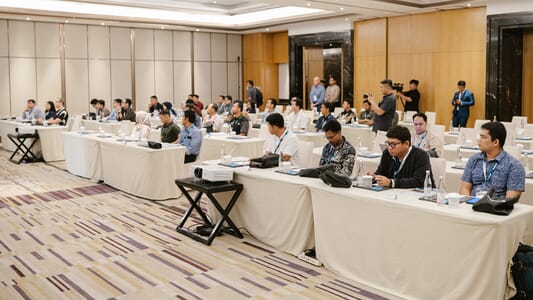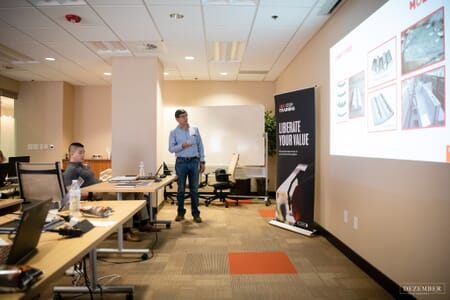Molycop expert Dr Mohammad Bilal Shaikh will join the panel ‘Preparing for the Future of Compliance: Ethics, Privacy and Risk’ at CDAO Perth 2025, sharing his insights on how AI is transforming compliance, governance and risk management.
Key Facts
- The CDAO Perth 2025 conference will bring together data and analytics experts to discuss regulatory challenges and opportunities.
- Molycop develops AI-driven systems that embed compliance directly into operational workflows, streamlining reporting and risk management.
- By aligning compliance with ESG goals, Molycop delivers solutions that ensure regulatory adherence and drive operational excellence and business resilience.
One of the highlights will be the panel ‘Preparing for the Future of Compliance: Ethics, Privacy and Risk’, which will explore how organisations can navigate emerging compliance requirements, privacy reforms and global regulatory trends, while leveraging technology to stay ahead.
Dr Mohammad Bilal Shaikh, Molycop AI Software Engineer, will be on the panel and will share his insights on how AI is transforming compliance and governance in complex industries.
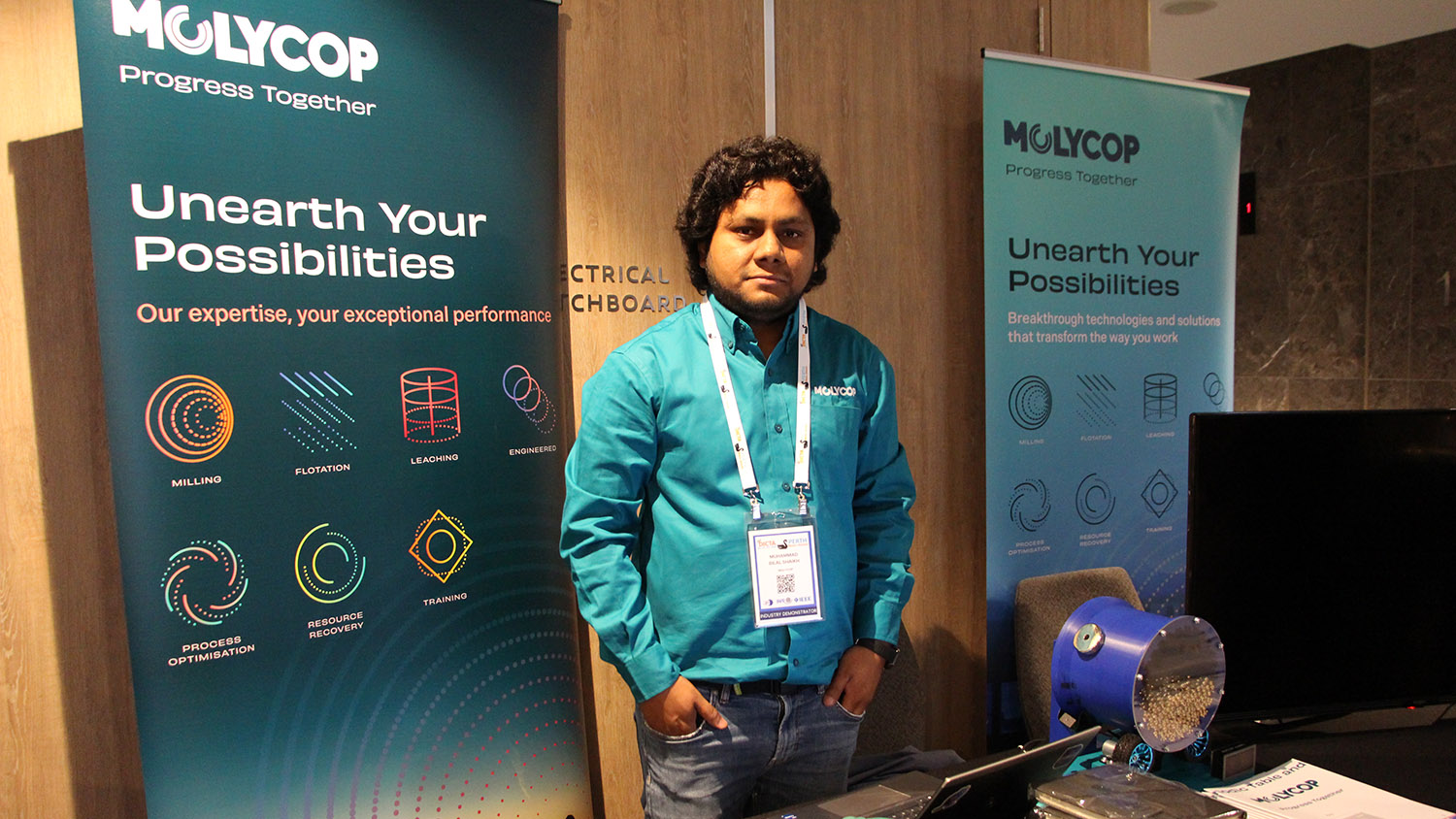
About Dr Bilal Shaikh
Dr Shaikh develops AI-driven solutions that transform data management and compliance in the mining industry. His work focuses on automating complex compliance reporting, optimising operational data flows and providing predictive insights that help organisations anticipate regulatory risks.With a strong commitment to leveraging AI ethically and strategically, Dr Shaikh brings a forward-looking perspective on how technology can reshape compliance and governance practices.
During the panel, Dr Shaikh will provide his reflections on the role of AI in compliance and his vision for the future.
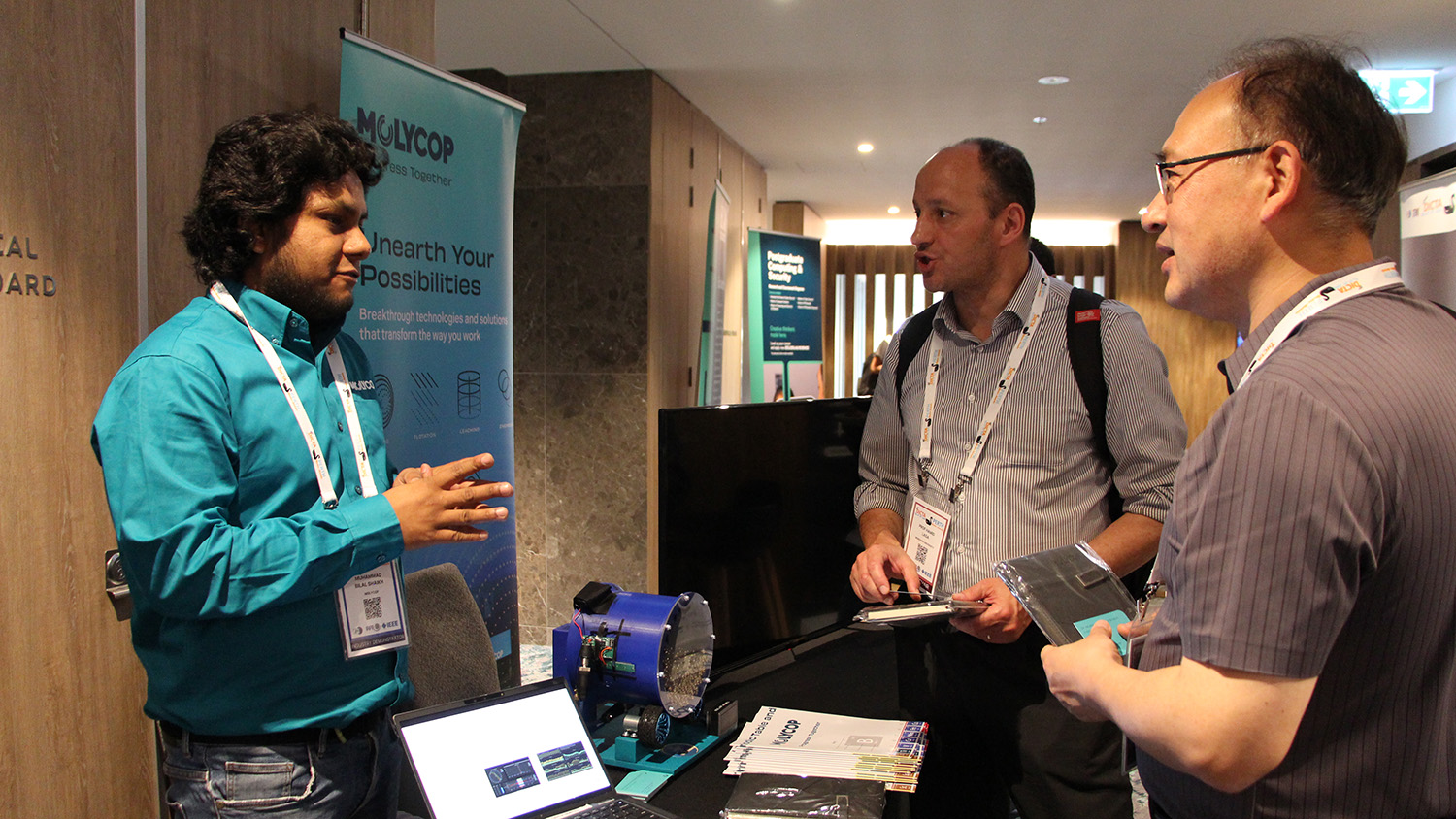 Q&A with Dr Bilal Shaikh
Q&A with Dr Bilal Shaikh
Q: Dr Shaikh, what key themes will the panel discussion address?
The panel will explore three core themes shaping the compliance landscape today: the accelerating pace and complexity of regulatory change, the growing importance of embedding ethics into data-driven decision-making, and the transformative potential of AI to automate and enhance compliance processes.We’ll discuss how privacy reforms, cross-border data governance, and evolving global standards demand a proactive approach. The key message will be that organisations must view compliance not as a static obligation, but as a dynamic capability that evolves alongside technology and society.
How does your work at Molycop relate to these challenges?
At Molycop, I lead a team that develops AI-driven systems that integrate compliance directly into operational workflows rather than treating it as an afterthought. In the mining sector, compliance spans regulatory reporting, safety environmental stewardship, and ethical supply chain management. By automating complex reporting processes and using predictive analytics to identify emerging risks, we ensure compliance efforts are both efficient and strategically aligned. This allows teams to focus more on high-value, risk-mitigation activities.
What insights will you share from your fellow panellists?
I anticipate the discussion will highlight that compliance is evolving into an intelligence-driven function. Artificial Intelligence will enable real-time monitoring, automated risk detection and predictive modelling to forecast regulatory changes and their impacts. Organisations will increasingly move from reacting to regulations to anticipating them. Compliance will also broaden to encompass ESG goals, requiring organisations to demonstrate responsible, sustainable and transparent operations.
Looking ahead, how do you see the future of compliance evolving?
The panel, moderated by Yulia Merril, Perth Branch President of the Data Management Association (DAMA), will provide attendees with practical strategies and forward-looking perspectives, showing how technology and thoughtful governance can shape the future of compliance.
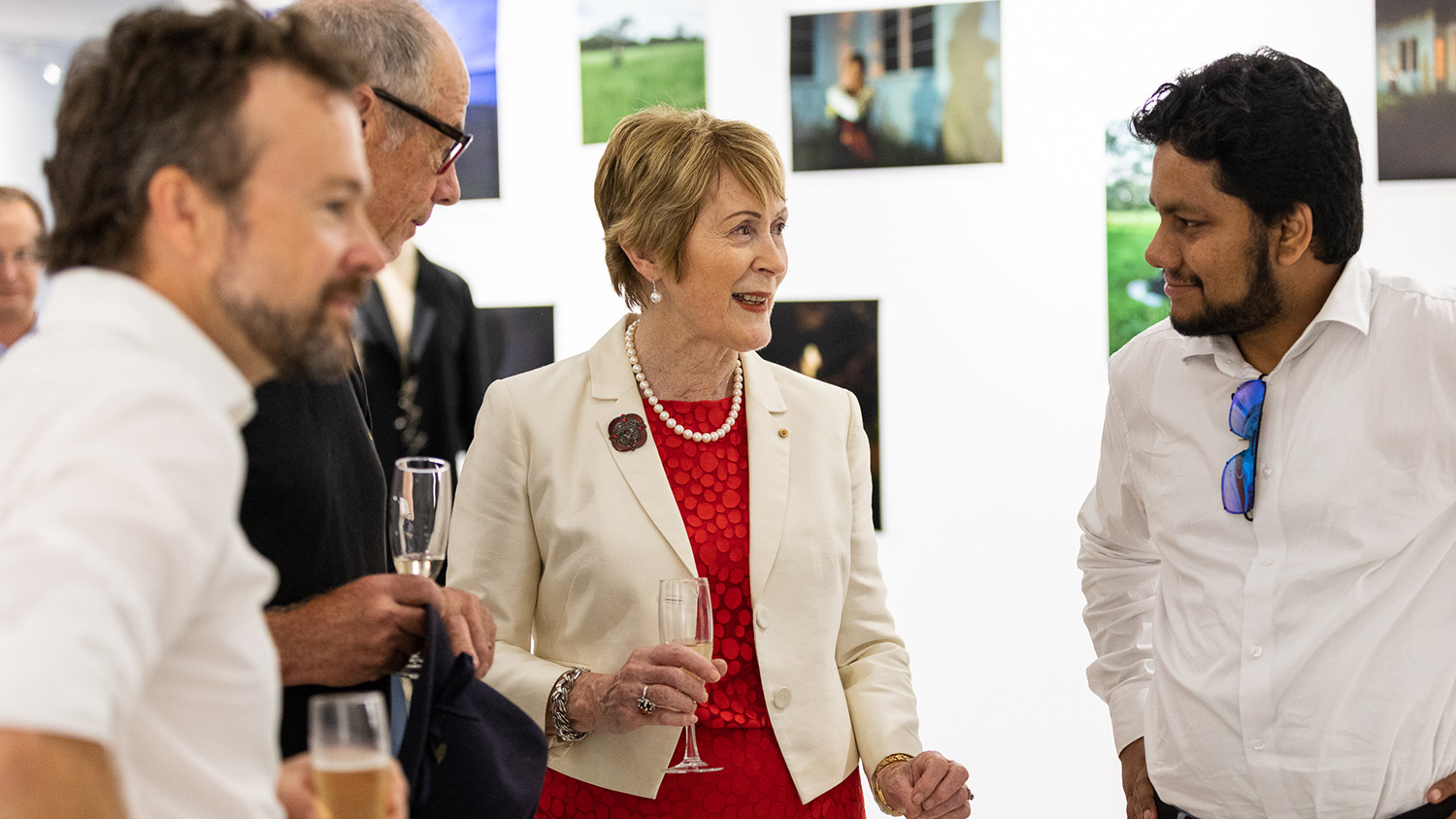 The Honourable Kerry Sanderson AC, former Governor of Western Australia, with Dr Mohammad Bilal Shaikh.
The Honourable Kerry Sanderson AC, former Governor of Western Australia, with Dr Mohammad Bilal Shaikh.
